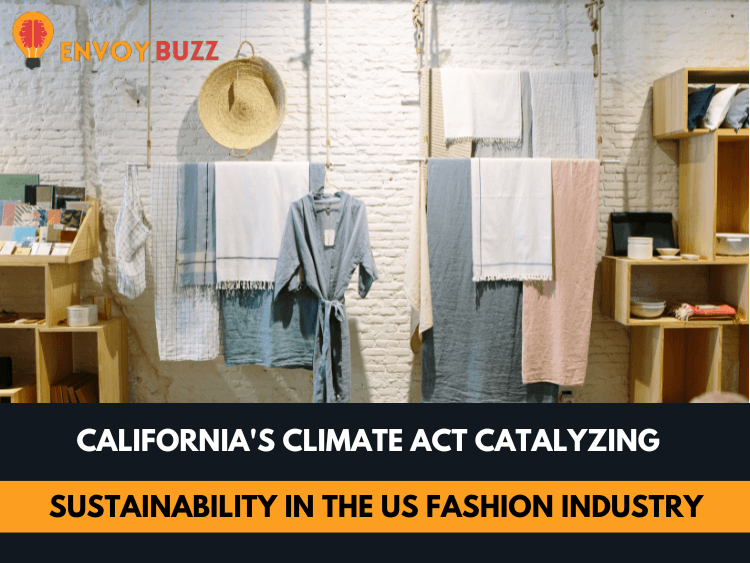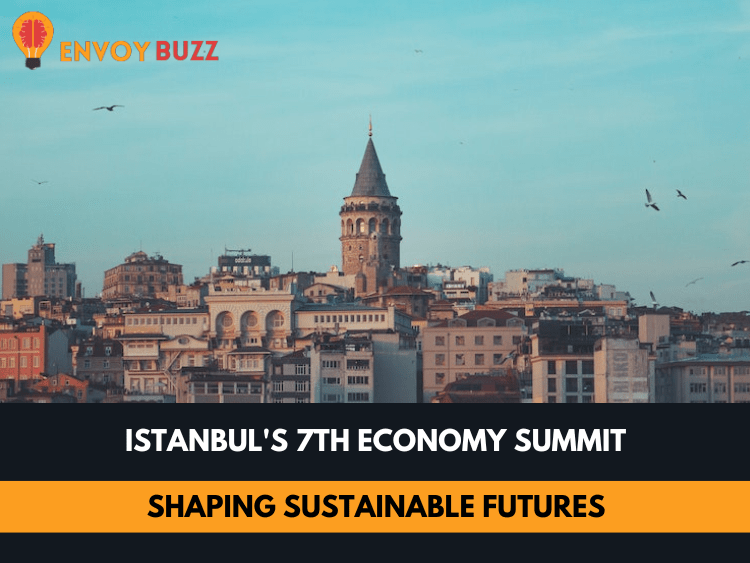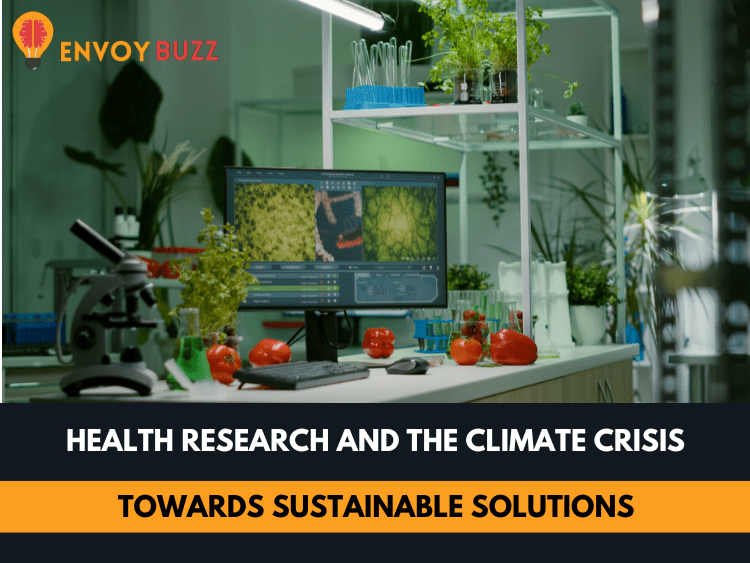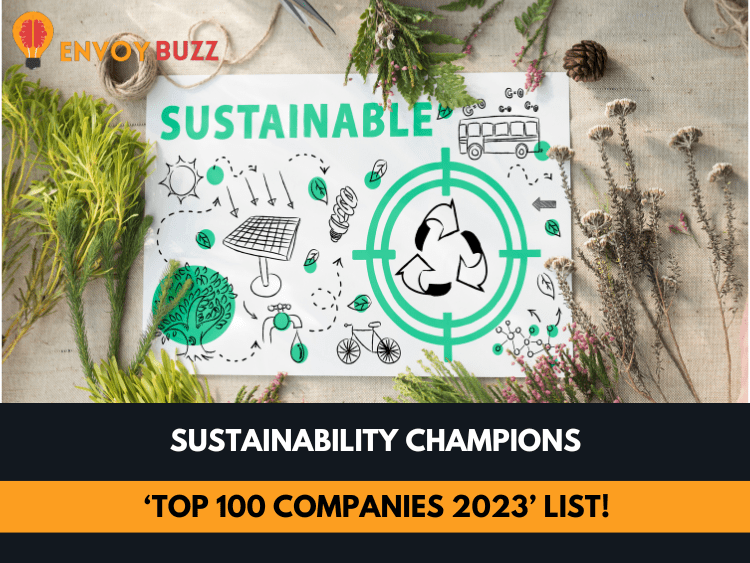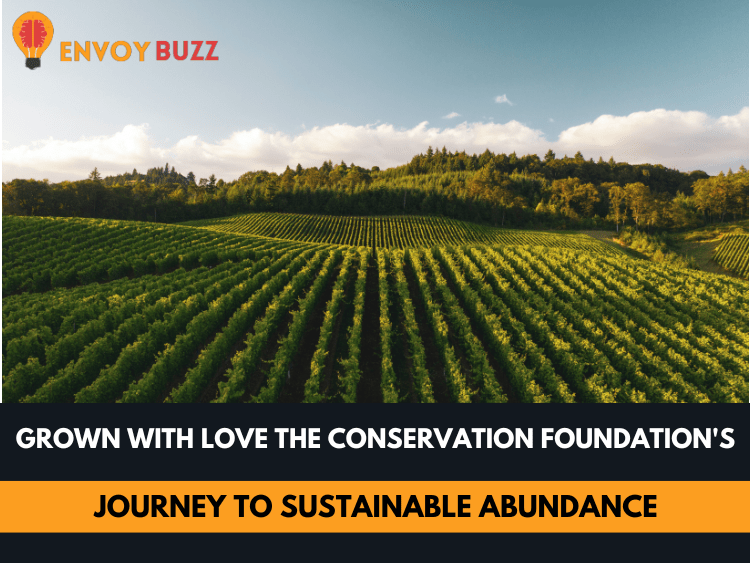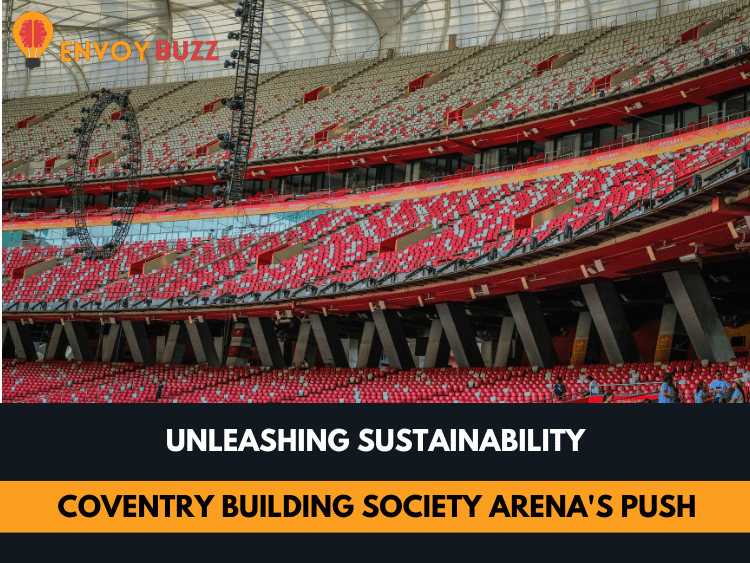According to Neill Barston, the luxury candy company Love Cocoa has introduced a daring series of redesigned brand designs that are aimed at boosting its approach to sustainable and ethical sourcing.
In celebration of its seventh anniversary, the UK-based company is launching a brand-new look that will be sold in a variety of locations, including John Lewis, Fenwick, Liberty, Next, Ocado, its own website, as well as independent merchants.

Confectionery Production previously interviewed James Cadbury, the company’s creator, at this year’s ISM in Colgone. James said that the business had been progressing steadily and observed a positive response to its lines at the important European event.
Regarding on the new range, he said: “This is the start of an exciting chapter for the business. Our sophisticated new packaging has been in the works for over a year and we’re delighted to see it go live, alongside securing our B Corp and joining 1% for the Planet. The new designs are reflective of the luxury, high-quality chocolate within the packaging, which we know our customers love, and we believe this new look will give us a unique on-shelf presence and help us achieve £10 million annual sales by 2025. As founder, I’m so proud of how far the business has come in the last seven years, and I can’t wait to see where the next seven take us. ”
Furthermore, the company has achieved B Corp status in recognition of its steadfast commitment to sustainability practices and its strong determination to procure resources with the utmost ethical considerations. Previously, Love Cocoa has actively participated in ecological projects, including a significant tree replanting program in Cameroon, West Africa. This initiative holds particular significance as Cameroon is a pivotal hub for cocoa sourcing within the global chocolate market industry.
With a new logo and strapline, “The Modern Chocolatier,” the company said its design refresh aims to deliver a distinctive look and feel that will stand out. The company also said it has embraced a brighter, bolder color palette across the range while maintaining its signature gold foiling detail.
The company has persisted in procuring premium cacao for its product lines, responsibly acquiring it from farmers who engage in equitable practices and ensure fair compensation for their labor. This approach fosters enduring and sustainable partnerships while establishing a completely traceable and open “farm to bar” supply chain.
Love Cocoa is maintaining its long-standing commitment to plastic-free packaging with the redesign. One of the first British chocolate manufacturers to use packaging made entirely of compostable inners made of wood pulp, the company is currently 99% plastic free.
As an integral aspect of its environmental commitments, Love Cocoa remains dedicated to its partnership with Eden Reforestation Projects through its involvement with 1% for the Planet. The primary objective is to plant more than 200,000 trees annually. To date, the brand has successfully planted 1.6 million trees across North and East Africa, demonstrating its resolute effort to combat deforestation and address climate change. The revitalized landscapes resulting from reforestation play a pivotal role in minimizing soil erosion, offering storm surge protection, and serving as carbon sinks to combat CO2 emissions and the effects of global warming. These remarkable initiatives are prominently featured on the brand’s latest packaging designs.
In essence, Love Cocoa’s rebranding on its seventh anniversary underscores its unwavering commitment to sustainability. With a sharp focus on ethical sourcing, environmental conservation, and meaningful partnerships, the company sets an inspiring example for others in the industry. As Love Cocoa continues to evolve and champion sustainability, its story serves as a beacon of hope for a more eco-conscious and responsible future.
For more news on sustainability visit Envoybuzz.


